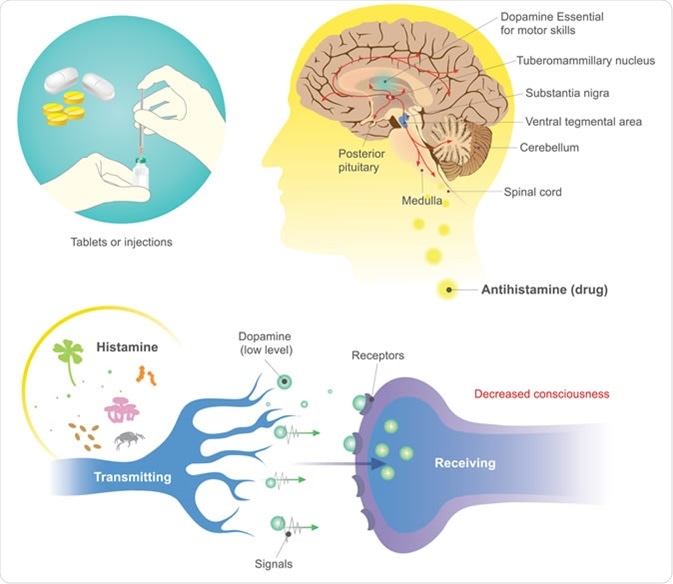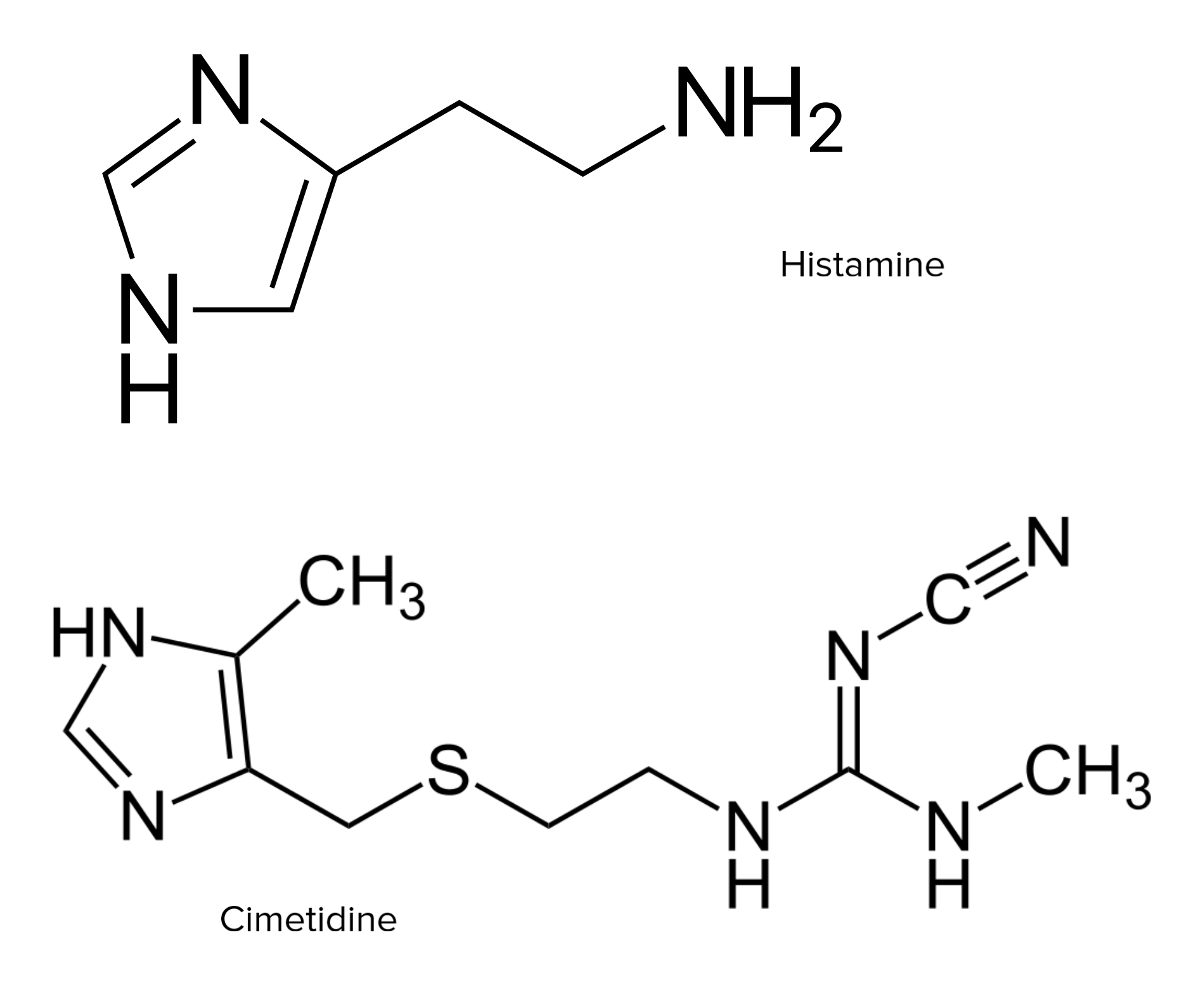Why Second Generation Antihistamines Dont Penetrate The Blood-Brain Barrier
Histamine And Antihistamines, Pharmacology, Animation
Keywords searched by users: Why do second generation antihistamines not cross the blood-brain barrier does allegra cross the blood-brain barrier, levocetirizine blood-brain barrier, claritin blood-brain barrier, does zyrtec cross blood-brain barrier, does diphenhydramine cross the blood-brain barrier, fexofenadine blood-brain barrier, what does crossing the blood-brain barrier mean, does histamine cross the blood-brain barrier
Which Antihistamine Doesn T Cross The Blood-Brain Barrier?
The difference in the ability of antihistamines to penetrate the blood-brain barrier plays a crucial role in their effects. Fexofenadine, for instance, is known to have limited penetration of the blood-brain barrier, explaining its minimal sedative effects. On the contrary, cetirizine can readily cross this barrier, making it more likely to induce sedation. It’s important to note that the dosage of these medications also contributes to their sedative potential. For a comprehensive understanding, it’s worth noting that these distinctions hold true as of February 13, 2023.
Why Are 2Nd Generation Antihistamines Preferred?
Why are second-generation antihistamines preferred over their first-generation counterparts? Antihistamines are a group of medications used to alleviate allergy symptoms. One significant advantage of second-generation antihistamines is their non-sedating nature, making them a preferable choice for many individuals. Unlike first-generation antihistamines, which can induce drowsiness, second-generation ones are considered safer due to their improved compatibility with other medications. This increased safety profile ensures that individuals can manage their allergies effectively without experiencing the side effects associated with drowsiness. As of November 7, 2022, this distinction remains significant in the realm of allergy treatment.
Collect 31 Why do second generation antihistamines not cross the blood-brain barrier


Categories: Details 73 Why Do Second Generation Antihistamines Not Cross The Blood-Brain Barrier
See more here: tfvp.org

The second generation antihistamines were less soluble in lipid and thus less readily penetrated the blood-brain barrier.This is probably because fexofenadine doesn’t cross the blood-brain barrier very much at all. In contrast, cetirizine does cross the blood-brain barrier and is more likely to cause sedation. The size of your dose matters, too.Antihistamines are a class of drugs that help to treat the symptoms of various allergies. The main difference between first-generation and second-generation antihistamines is that the latter do not cause sleepiness and are considered safer because they interact better with other medications.
Learn more about the topic Why do second generation antihistamines not cross the blood-brain barrier.
- All antihistamines cross blood-brain barrier – PMC – NCBI
- What’s the Best Non-Drowsy Antihistamine for Allergies? – GoodRx
- First-Generation vs. Second-Generation Antihistamines
- Antihistamines – StatPearls – NCBI Bookshelf
- Variant Effect of First- and Second-Generation Antihistamines …
- Antihistamines – an overview | ScienceDirect Topics
See more: blog https://tfvp.org/category/science